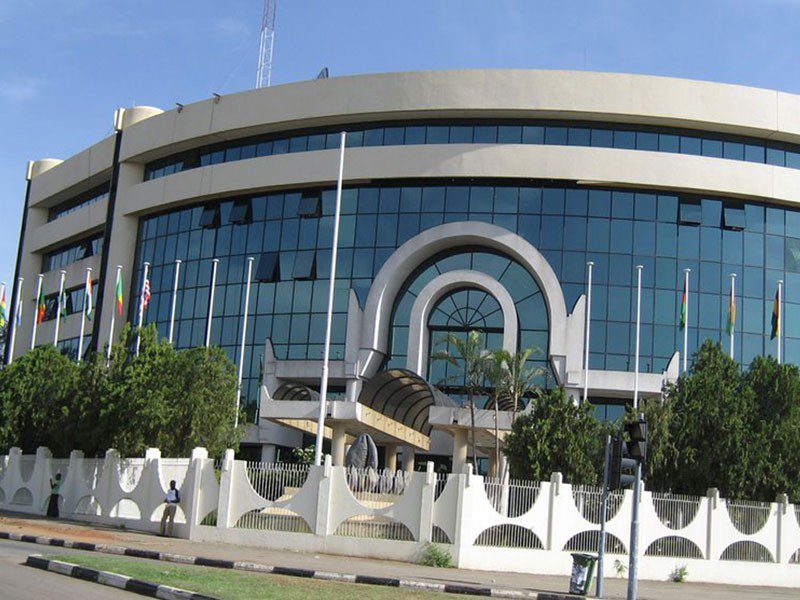The Vice President of the ECOWAS Court, Justice Gberi-be Ouattara, has said that a total of 446 cases have been lodged with the ECOWAS Court of Justice since its establishment 20 years ago, while 233 judgments were delivered during the period.
In a paper delivered at the annual conference of the African Bar Association (AfBA) in Niamey, Republic of Niger, he said that 1006 court sessions had been held, while 117 rulings and 30 interim orders were also delivered.
The Vice President, whose paper was on an overview of the Community Court of Justice, ECOWAS also said that 161 cases were pending before the Court as at the end of August 2021.
Despite the exemplary performance of the Court as evidenced by its enviable jurisprudence, Justice Ouattara cautioned that the Court faces an ‘existential threat’ by the twin problems of the reduction in the number of the judges from seven to five and their tenure from five years renewable to four years non-renewable.
‘’The complete renewal of the Membership of the Court instead of a staggered tenure and the reduction of the tenure of the judges from five years renewable to four years non-renewable and the reduction in the number poses an existential threat to ECOWAS Court of Justice,’’ he warned
He said that both decisions ran counter to the practice in international courts where the tenure of the judges are longer for stability, institutional memory and effectiveness, adding that the other challenges confronting the court include the non-enforcement of its decisions, which is attributable mainly to the non-appointment of competent national authorities for such enforcement.
“Unfortunately, only six Member States- Burkina Faso, Ghana, Guinea, Mali, Nigeria and Togo- have appointed the competent national authority for the enforcement of the judgments of the Court as stipulated by Article 24 (4) of the Protocol as amended despite the repeated demands of the Court,” he noted.
He also blamed the absence of an implementation legislation or legal framework for enforcement, failure to domesticate the Revised Treaty, the non-involvement of political authorities and the exclusion of the court from the enforcement process for the disposition of the nine Member States that have failed to enforce the decisions of the court.
Justice Ouattara noted that the ECOWAS Revised Treaty and the Protocol on the Court have provisions in respect of the binding nature of the Judgments of the Court while Article 15(4) of the Revised Treaty provides that “Judgments of the Court of Justice shall be binding on Member States, the Institutions of the Community and on individuals and corporate bodies.’
“There is therefore a need to strengthen the enforcement mechanism of the Court in order not to render the Court a toothless bull dog,” he added.
The Vice President led the five-man delegation of the Court to the conference during which they presented papers on various aspects of the Court. Also on the delegation were the Chief Registrar Tony Anene Maidoh, Nketiah Apraku and Fernand Kouassi Executive Assistants to the President of the Court and the Vice President, respectively.
The five-day conference ended on Thursday, 7th October 2021.
GIK/APA


